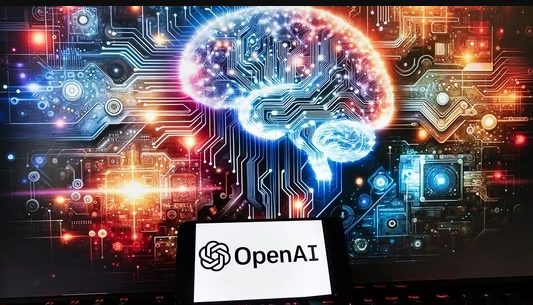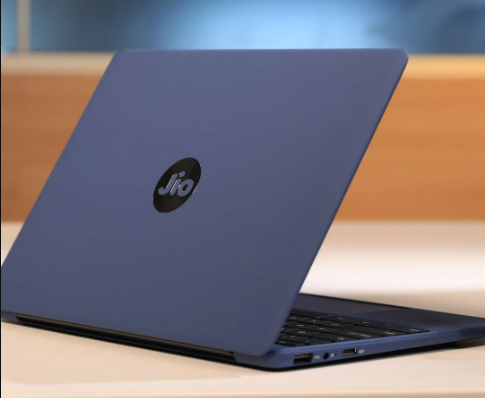
The two companies aim to emphasize their autonomy, but it remains uncertain if regulators will accept this argument.
In light of global regulators scrutinizing Microsoft Corp.’s $13 billion investment in OpenAI, the tech giant is presenting a straightforward argument to antitrust officials: it doesn’t possess a conventional stake in the high-profile startup, hence cannot be deemed its controller.
When negotiating an additional $10 billion investment in OpenAI in January, Microsoft opted for an unusual arrangement, according to sources familiar with the matter. Instead of acquiring a portion of the cutting-edge artificial intelligence lab, the deal stipulated that Microsoft would receive nearly half of OpenAI’s financial returns until the investment is repaid, up to a predetermined cap. This unconventional structure was devised due to OpenAI being a capped for-profit entity within a non-profit organization.
However, it remains unclear whether regulators recognize this distinction. The UK Competition and Markets Authority announced on Friday that it is gathering information to assess if the collaboration between Microsoft and OpenAI poses a competition threat in the UK. Simultaneously, the US Federal Trade Commission is examining the nature of Microsoft’s investment in OpenAI, probing potential violations of antitrust laws, as per an anonymous source.
These inquiries are in the preliminary stage, and no formal investigations have been initiated, the source noted. Microsoft did not report the transaction to the agency, asserting that the investment doesn’t confer control over OpenAI under US law. OpenAI, being a non-profit, falls outside the purview of reporting requirements for non-corporate entities in US merger law, regardless of the transaction value.
Microsoft’s spokesperson clarified, “While details of our agreement remain confidential, it is important to note that Microsoft does not own any portion of OpenAI and is simply entitled to a share of profit distributions.” Microsoft President Brad Smith added that the only change is Microsoft having a non-voting observer on OpenAI’s board, highlighting the distinctiveness from Google’s outright acquisition of DeepMind in the UK.
The meticulous efforts by Microsoft and OpenAI to convey their independence were disrupted last month with OpenAI CEO Sam Altman’s removal and the startup’s near breakdown. The incident showcased Microsoft’s lack of control but also underscored its influence. The firing of Altman, followed by his restoration, prompted Microsoft’s internal debate on securing a seat or observer slot on OpenAI’s board, ultimately opting to monitor its partner closely despite potential regulatory risks.
The potential for regulatory challenges extends beyond the UK and the US, with European regulators also expressing interest. Germany’s competition authority, while not subjecting Microsoft’s OpenAI investment to a merger review, indicated it would reconsider if OpenAI expands its activities in Germany. This partnership raises competition concerns, especially regarding Microsoft’s AI research and development and potential limitations on OpenAI partnering with Microsoft’s competitors, highlighting potential antitrust issues.










